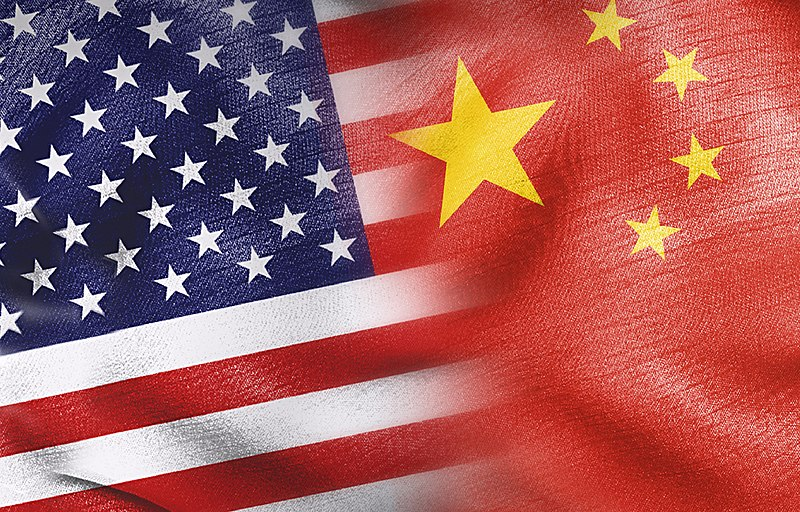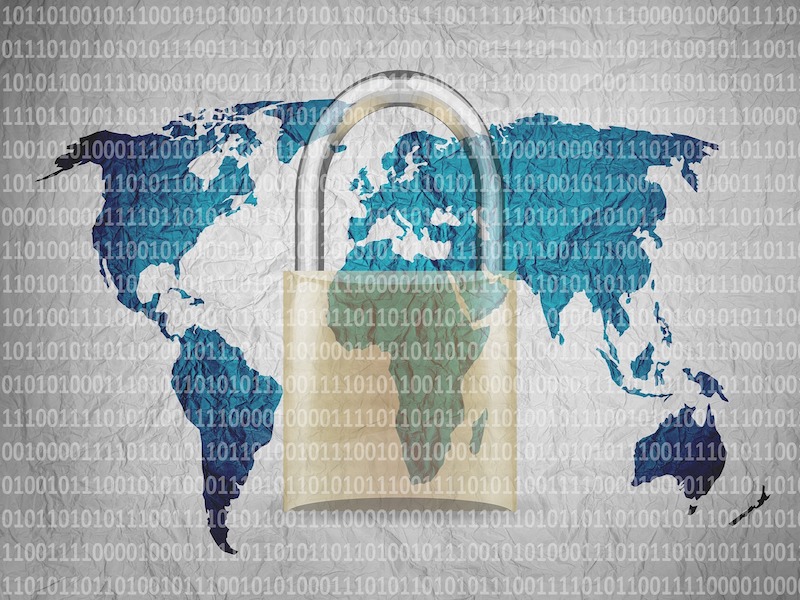The digital front of modern warfare and Great Power conflict increasingly occupies the minds of American and Chinese leaders. In this article, Touraj Riazi looks at the infrastructure that undergirds the digital world and how vital it is to the Chinese and American quest for “Network Hegemony.”
Tag: cybersecurity
Zero Trust Networks: A New Normal for Cybersecurity?
What is Zero Trust in cybersecurity, and what are the reasons for the Biden administration’s push towards a Zero Trust architecture? In this article, Bryan Roh explains some of the reasons why the Zero Trust security model is gaining momentum in both the public and private sectors.
The Colonial Pipeline Cyber-Attack: A Warning for Canada
In early May, Canadians watched in bemusement as images started to appear online of cars stretching for blocks, as fear rose over the possible shutdown of the Colonial Pipeline in the eastern U.S and a potential gas shortage. Then, word started to spread that the shortage was due to Russian hackers, and, at least for Read More…
The Need for Secure AI Design Frameworks and AI Model Security
AI technologies are becoming widely adopted in industries across the globe for their potential to revolutionize how organizations engage in business. For example, a report published in late 2020 by McKinsey suggests that organizations are increasingly viewing AI as a tool to generate value, and that the COVID-19 pandemic has further spurred business leaders to Read More…
The Asia-Pacific Mulls Over 5G National Security Concerns
In this article, Bryan Roh analyzes how countries in the Asia-Pacific have approached Huawei’s role in building next-generation wireless networks.
Open Source Software Can Play a Key Role in NATO’s Cyber Defences
In this article by Bryan Roh, the NATO origins behind an open source software called MISP and the reasons behind its worldwide success are explained.
The World in a State of Cyber Warfare
Sarah Nebbal explores the future of cyber warfare and its implications for NATO.
What Energy Security Means For Canada and the World
Title: What Energy Security Means For Canada and the WorldFeatured Speakers: Dr. Robert M. Cutler Senior Research Fellow and Director, Energy Security Program NAOC; Allan Fogwill President and CEO Canadian Energy Research Institute; Dr. Monica Gattinger Director Institute for Science, Society and Policy University of Ottawa; Dr. Richard Norris Managing Partner Pandreco Energy Advisors Series: Energy Read More…
Documentary Review: Netflix’s “The Social Dilemma”
Netflix’s “The Social Dilemma” perpetuates exactly what it aims to prevent. In this article, Emilio finds that the film provides a good overview of the societal challenges caused by social media but has glaring flaws that prevent it from reaching wider audiences.
Dragon Slayer: The Partial Foreign Policy of Erin O’Toole’s Conservative Party
Upon Erin O’Toole’s election to lead Canada’s Conservatives, Arjun Singh examines the party’s foreign policy platform.










